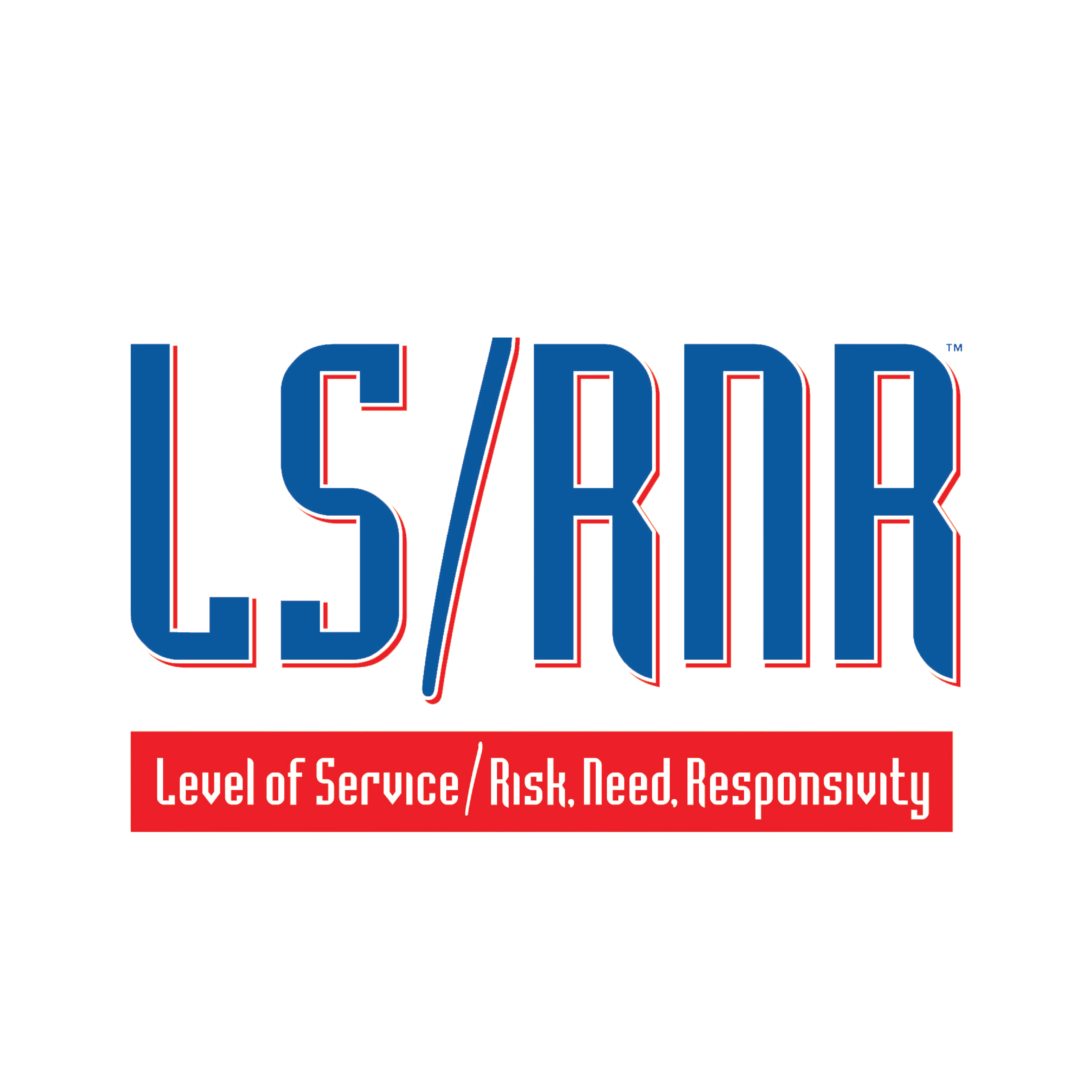
LS/RNR
Level of Service/Risk, Need, Responsivity
Filters
The Level of Service/Risk, Need, Responsivity (LS/RNR) is designed for public safety organizations who want to use the most current research when conducting their level of service risk assessment but already have a case management process that suits their needs. The LS/RNR assesses the rehabilitation needs of justice-involved individuals, their risk of recidivism, and the most relevant factors related to supervision and programming.
Age
- 18 and older
Administration Type
- Professional
- Interview
Administration Time
- 40 to 120 Minutes
Number of Items
- 43 risk/needs items
Qualification Level
- B
Format(s)
- Online
- Handscored
- Focuses on justice-involved individual strengths and is gender-informed
- Captures general and specific risk/need factors
- Combines selected assessment sections from the LS/CMI and makes them available in one easy form
- Criminal History
- Education/Employment
- Family/Marital
- Leisure/Recreation
- Companions
- Alcohol/Drug Problem
- Procriminal Attitude/Orientation
- Antisocial Pattern
The LS/RNR consists of six sections. In order to administer and score, you will require a LS/RNR Interview Guide, a LS/RNR Quikscore Form, and the standard LS/CMI ColorPlot Profile forms.
The LS/RNR normative sample consisted of 157,947 North American youth and adult justice-involved individuals: 60,156 American adult and youth justice-involved individuals from 10 jurisdictions, and 97,791 Canadian community and institutionalized adult and youth justice-involved individuals.
To administer the LS/RNR training is required for those who do not have the requisite b-level educational qualifications. Training is also recommended for those who need in-depth knowledge of the LS/RNR and its use and interpretation. By attending our LS/RNR User Training, you will learn necessary skills for interviewing a justice-involved individual, accurately scoring an LS/RNR assessment, as well as enhancing the quality of case management, treatment planning, and service delivery.
Individuals interested in becoming an LS/RNR Trainer or Master Trainer should complete an LS/RNR Trainer Training session. For further details on becoming an MHS LS/RNRI User, Trainer, or Master Trainer, please contact MHS’ Customer Service team
Find a Master Trainer or Trainer in your area.
